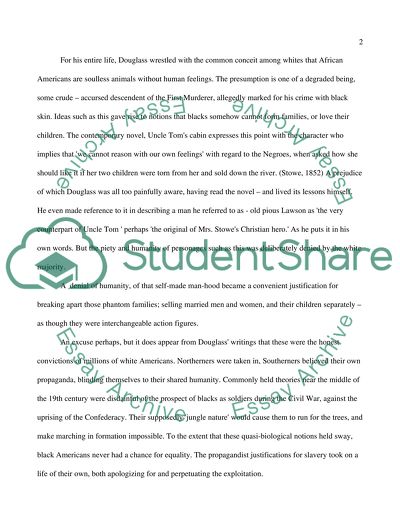Cite this document
(“Values of Frederick Douglass and Benjamin Franklin Essay”, n.d.)
Retrieved from https://studentshare.org/miscellaneous/1583743-values-of-frederick-douglass-and-benjamin-franklin
Retrieved from https://studentshare.org/miscellaneous/1583743-values-of-frederick-douglass-and-benjamin-franklin
(Values of Frederick Douglass and Benjamin Franklin Essay)
https://studentshare.org/miscellaneous/1583743-values-of-frederick-douglass-and-benjamin-franklin.
https://studentshare.org/miscellaneous/1583743-values-of-frederick-douglass-and-benjamin-franklin.
“Values of Frederick Douglass and Benjamin Franklin Essay”, n.d. https://studentshare.org/miscellaneous/1583743-values-of-frederick-douglass-and-benjamin-franklin.


